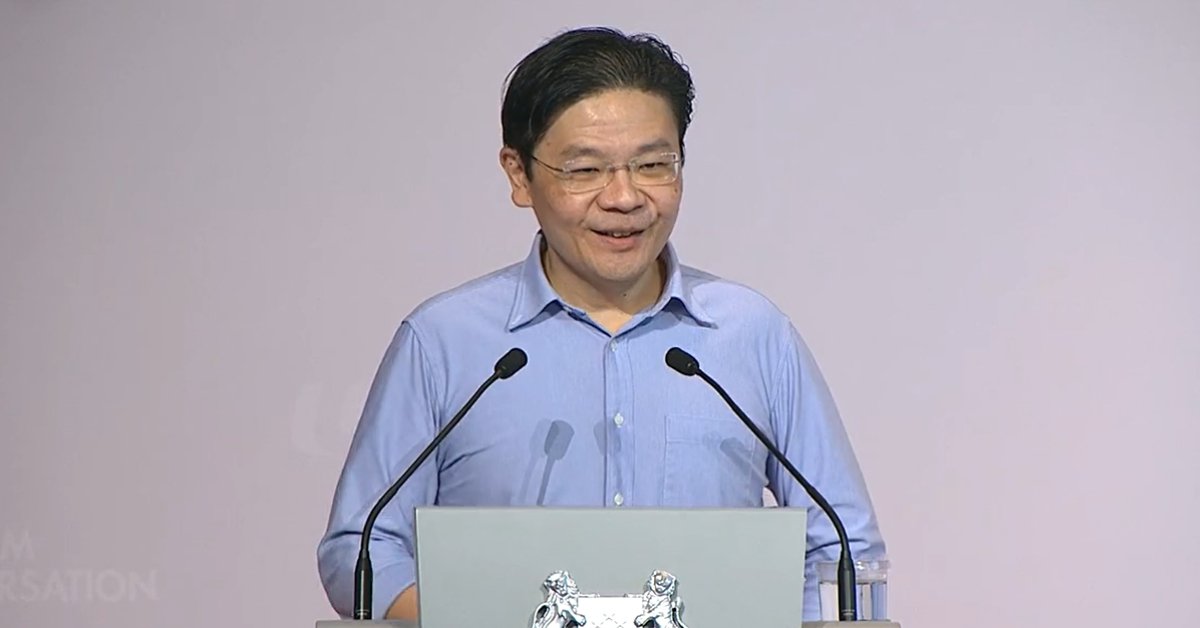You should know about SkillsFuture, that one scheme that allows Singaporeans to continuously upskill themselves in an ever-changing world via training programs, no matter what stage of life they are currently at.
In order to facilitate the training, every Singaporean is granted S$500 of SkillsFuture Credit upon turning 25.
Despite this, the number of participants in SkillsFuture Singapore (SSG)-supported training programs has decreased in 2023 compared to the previous year.
According to SSG’s annual update on 22 March 2024, about 520,000 individuals took part in these programs in 2023, down from 560,000 in 2022.
On top of that, a CNA report in 2023 revealed that 80% of eligible Singaporeans aged below 30 did not make use of their SkillsFuture Credit.
In fact, since the inception of the SkillsFuture initiative in 2015, a staggering 70% of individuals across all age groups have yet to utilise their SkillsFuture credits.
Why is there an Overall Decrease?
On 10 January 2024, it was reported that only 40% of individuals in their 30s and 25% of those over 60 had utilised their SkillsFuture Credits.
According to Minister of State for Education and Manpower Gan Siow Huang, some Singaporeans have not used their SkillsFuture Credits due the lack of time as well as the opportunity cost of going for upskilling courses.
After all, some of us may have the mindset of, “Why should I go for a 3-month long training course when I could be using that time to earn money instead?”
Mr Tan Kok Yam, SSG’s chief executive, also attributed the decline in participation to the tighter labour market seen today, where there is less pressure to upskill compared to the Covid-19 period.
However, the SSG also noted an increase in the number of employers sponsoring their workers for training, with approximately 23,000 companies sending 228,000 workers for such programs, up from 20,000 companies and 168,000 workers in 2022.
Mr Tan highlighted the encouraging trend of more companies sponsoring their workers for training, particularly small and medium-sized enterprises as they “generally require more support to invest in their workforce,” said SSG.
Mr Tan said that the increase indicates a collective commitment to lifelong learning across the ecosystem of employers, workers, and training providers.
It is also observed that there is an increase in the number of mid-career workers (think workers around the ages of 30 to 50) who made use of their subsidies for SkillsFuture courses.
In 2023, roughly 200,000 mid-career individuals utilised the SkillsFuture Mid-Career Enhanced Subsidies (MCES) to cover an extra 20% of their course fees — a surge of 28% compared to 2022.
With the introduction of more support for mid-career workers, such as the SkillsFuture Level-Up Programme announced during Budget 2024, Mr Tan anticipates an increase in participation numbers among workers aged 40 and above.
“We see that there is a demand, and a need by mid-career workers, and it shows that more of them are taking upskilling seriously,” he said.
Additionally, Budget 2024 introduced further support measures, including a S$4,000 top-up of SkillsFuture credits for mid-career workers and subsidies for pursuing full-time diplomas at various institutions.
Moreover, monthly training allowances will be provided to those aged 40 and above enrolling in selected full-time courses from 2025.
As most participants used their credits for industry-specific courses, with courses related to digital skills, food and beverage, and safety sectors witnessing high participation rates, looking ahead, SSG aims to offer more courses focusing on emerging industries such as digital, green, and care economies to meet the evolving needs of Singaporean workers.
SSG has conducted their Training Quality and Outcomes Measurement survey among 48,000 participants, and results revealed that 98% of them felt they were able to perform better at work after participating in SSG-supported programs.
Mr Tan said, “With the SkillsFuture Level-Up Programme coming into effect, we need to continue to work together to give Singaporeans the training, that is of high quality, of high relevance, and of high impact to their career and their ability to contribute as an employee.”
In a rapidly changing world and evolving industries, skills that were in demand yesterday may become obsolete tomorrow. Upskilling ensures that individuals stay relevant in their fields and are equipped to meet the evolving needs of employers and industries.



